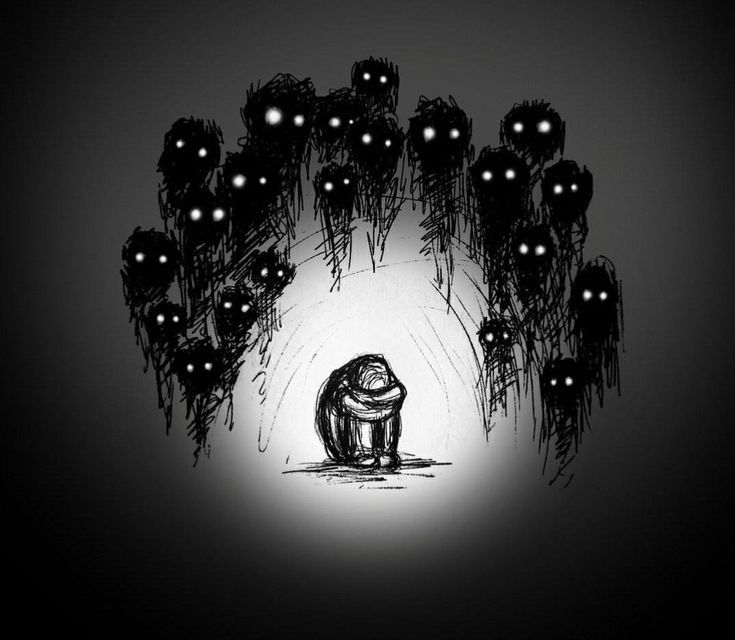Building Blocks of Psychology- Modern Perspectives
- Carehaven Initiative
- Jun 30, 2025
- 4 min read
Updated: Jul 22, 2025

BY ANN MATHEW Research based blogarticle In psychology, There are 7 different main perspectives ,so psychologists could gather insight on how the human mind works. Behavior, Psychodynamic, Cognitive, Biological, Cross Cultural, Evolutionary, and Humanistic are all perspectives that can be present in the human mind. Having a deeper understanding of these perspectives help us solve the problems people face in society. The field of psychology has greatly expanded since the 1960s. Even today Psychology continues to develop. Each perspective has its own purpose in psychology. They help medical professionals understand how complex the human mind and behavior is. The perspectives show different lenses to view and interpret the human mind. Today, We will take a look at these perspectives.
Psychodynamic Perspective The psychodynamic perspective was created by Sigmund Freud depicting the unconscious mind influences our future behavior. Freud believed the mind consisted of three elements: :id (instinctual desires) ,ego, and superego. The id includes all desires of the mind. The ego is when the mind has to deal with the new world. It focuses on the principle of reality. It is a way of trying to deal with what the id wants. The superego is when we develop morals and standards. It is kind of like a moral compass. Humans try to be perfect ,and may experience guilt if they can’t be. These elements shape our personalities and heavily impact our behavior. This mindset can be caused by childhood upbringing. However, Psychodynamic therapy was created from this perspective. It allows for people to be aware of this which leads to personal development.
Behavioral Perspective The Behavioral perspective focuses on learned behaviors and early experiences. It was founded on the work of psychologists Edward Thorndike and John B Watson and mainly focuses on people’s behaviors rather than their mental state. It plays an important role in mental health. It was popular for a while ,but it slowly declined in the 1950’s. Behavioral therapy has the same principles as Behavioral perspective. Behavior therapy is very useful for treating mental health disorders. The behavioral perspective is currently being used by many doctors today.
Cognitive Perspective The cognitive perspective focuses on memory, thinking, and problem solving of the human brain. Originating in the 1960’s and it was influenced by psychologists Jean Piaget and Albert Bandura where they put focuses on events in our brain that later influence our behavior. Cognitive psychologists wonder how people store memories, analyze information, and how people find solutions to current challenges. The cognitive perspective led to the development of cognitive behavior therapy. Cognitive behavior therapy strives to fix negative mindsets that may cause problems to our mental health. It has been effective at treating depression, anxiety, bipolar disorder, insomnia, and eating disorders.
Biological Perspective The biological perspective is the study of how genetics can affect our behavior. This perspective played a huge role in psychological development. Chromosomes, hormones, and the brain all shape the way we interact with the world. They can even cause people to make poor decisions. New technology makes it easier to understand the brian and its nervous system. They can observe effects that deteriorate the brain in ways that weren’t possible years ago. Understanding the biological parts of mental illnesses lead to new treatments and other ways to help.
Cross Cultural Perspective The cross cultural perspective is when different cultures clash. It is not related to therapy ,but it is more based on principles. People tend to experience different cultures than they are used to. This perspective is new since it has grown over the past 20 years. It also helps researchers discover new insights on how people interact with each other that gave insightful knowledge on diversity, identity and compassion.
Evolutionary Perspective The evolutionary perspective focuses on how natural selection and adaptation evolved and impacted the human mind. Evolution can decide people’s thought processes and how they mentally view things. Most psychological behaviors that we currently think of are caused by adaptive changes in the past. People tend to desire close bonds with others due to survival instincts. Still widely known an used, this perspective helps in studying mating behavior, parenting, trauma and fear responses, and social cooperation.
Humanistic Perspective The humanistic perspective focuses on how motivation impacts though and behavior. Psychologists focus on what makes humans grow and change. This perspective was influenced by Carl Rogers and Abraham Maslow. It mainly focuses on how humans can improve the quality of their lives. Humanistic therapy is centered around fostering self awareness, empowerment and finding a meaning in life. Many conditions get better from humanistic therapy such as trauma, relationship difficulties, and depression.
Each of these perspectives all benefit humans and make their lives better. Together with each of their attributes they enlighten the field of psychology and provide essential paths of diagnosis, treatment and research. Without them, Psychology would not be as advanced or be beneficial in helping others today. As the world of medicine and health-care continues to evolve, these perspectives acts as the founding blocks, preserving the dynamic and yet intriguing field of psychology.
Citations Cherry, K. (2024, October 25). 7 major perspectives in modern psychology. Verywell Mind. https://www.verywellmind.com/perspectives-in-modern-psychology-2795595
Spelman, B. (2022, January 8). The 7 perspectives in modern psychology (and how they inform therapy). Private Therapy Clinic. https://theprivatetherapyclinic.co.uk/blog/the-7-perspectives-in-modern-psychology/



Comments